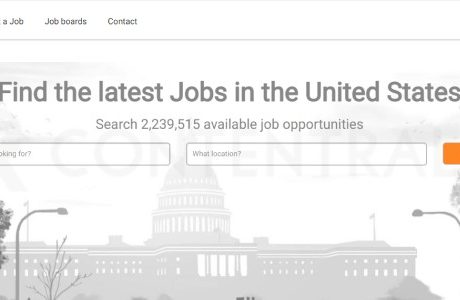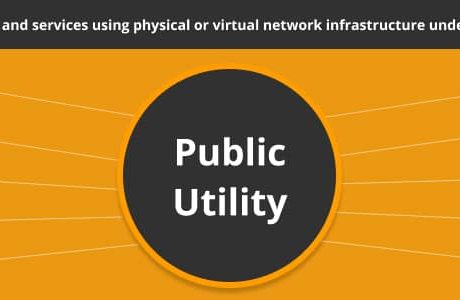It can be a challenge to get your resume noticed from the stack of resumes that reach the employers for one job posting. In this highly competitive market, the need to stay at an edge from other candidates is a must. Today, most of the organizations use an Applicant Tracking System (ATS) to shortlist resumes before they reach the human eyes.
Remember, that no recruiter is working on just one opening and would have thousands of resumes to go through each day. Hence, it is necessary that you draft your resume in a way that it gets noticed within seconds of the employer glance.
If you simply keep a track of little things on your resume, you can get a recruiter friendly resume. Here is how you can get draft a resume like this:
1. Keep it Simple:
As easy it is for the reader to gather information from your resume, greater the chances of your resume getting shortlisted. Do not use any of your designing techniques on your resume. You can save them for your portfolio in case you belong to the design background. Simple format, simple language and easy on eyes are the key points you need to remember when drafting your resume.
2. Use of Bullets:
Your resume should be presentable. For your resume, anything that is less is more. In order to describe your role to the employer, use crisp action-oriented sentences listed in bullets.
3. Ensure you Meet the Qualifications:
When you are applying for a job, make sure you at least have the minimum qualification required for the role. Otherwise, applying to a role which does not match your qualifications is a waste of time, yours and the recruiters.
Read also: How Studying Abroad Can Benefit Your Career
4. Use a Customized Resume:
One of the biggest mistake that job seekers make is sending a generalized resume for every job that they apply. Do not make this mistake and customize your resume for every job that you apply. Personalizing leaves the impression that you are genuinely interested in the job thus increasing your chances of getting shortlisted.
5. Keep Your Focus on Accomplishments:
The reader wants to know how good you were at your job and not just your roles and responsibilities. Keep your focus on your accomplishments in your resume especially the ones that relate directly to the job you are applying to.
Read also: WordPress Developer: Job Profile And Key Responsibilities
6. Have a Skills Section:
Having a separate skills section is a good way of gathering recruiters’ attention and conveying that you fit for the role.
7. Keywords:
Keywords are important. Both for the ATS and the human eyes. Pick up relevant keywords from the job description and spread it across your resume in such a way that it does not look overloaded or stuffed in. Be smart and check out samples before you apply using this resume.
8. Include Numbers and Facts:
Getting business for an organization is the key factor that can easily get you shortlisted. If you have a role that involves numbers, include the numbers that show your positivity. Quantifiable achievements on resumes are a sure short way of creating an effective resume.
9. Remove Non-Essential Information:
Your resume is a professional document and not personal. Hence, you need to stick to information that is suitable for the job you are applying to. If you have a work history of more than 10-15 years, you should pick the most relevant or most recent (whichever is applicable) to apply to this job.
10. Create a Career Summary:
A recruiter spends hardly 6-7 seconds on your resume. If you can give him the required information in that amount of time, you definitely have an effective resume. To do so, have a career summary that includes the answer to a simple question “why are you a perfect fit for this job”
11. Make Sure there are No Errors:
Any error, small or big on your resume can play a differentiating role for your job application. Hence, before you hit the apply button, ensure there are no spelling, grammar or typo errors in your resume. Typos or any type of silly errors in your resume are a big turn-off for the employers.
12. Include a Cover Letter:
Often there is information that you want to share with the recruiter but the one-page resume does not give you enough bandwidth for the same. Include a cover letter that introduces you to the employer and shares information that you were unable to include in the resume.
Make sure that your resume keeps in with these basic points. Build your network and connect with people in the industry for better job search.
Good luck in your career search.






















